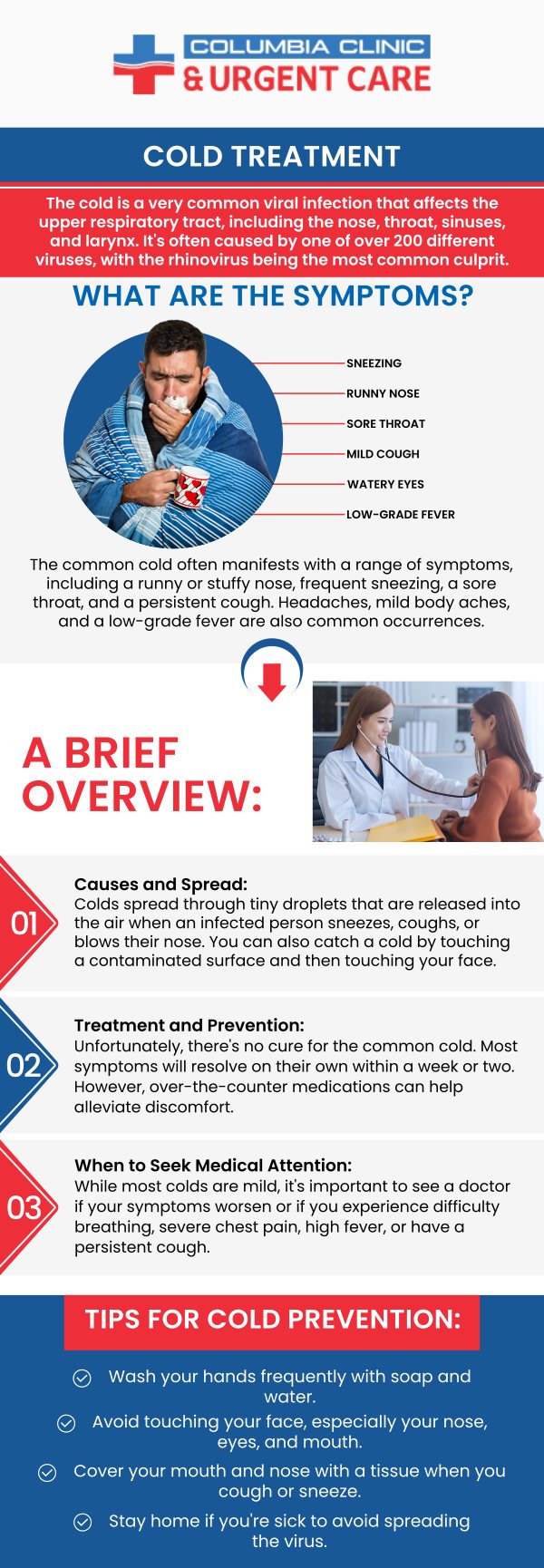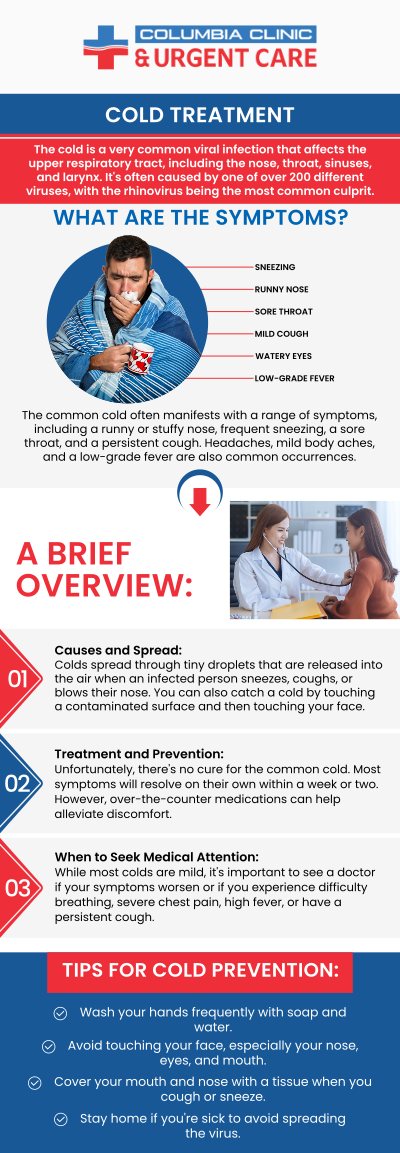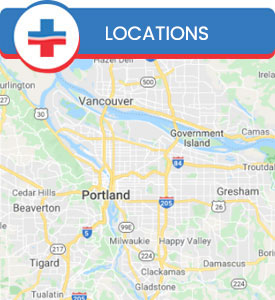Home » Does Blowing Your Nose Make Cold Symptoms Worse?
You cannot copy content of this website, your IP is being recorded
Does Blowing Your Nose Make Cold Symptoms Worse?
At Columbia Clinic Urgent Care, our team educates patients on safe ways to manage cold symptoms and congestion. Blowing your nose is a natural response to nasal congestion during a cold, but doing it too forcefully can sometimes make symptoms worse. Forceful nose blowing may irritate the delicate nasal tissues, cause minor bleeding, or even push mucus into areas like the sinuses or middle ear, potentially leading to further discomfort or infection. While gentle nose blowing can help clear mucus and provide relief, it’s important to use proper technique—blow one nostril at a time and avoid excessive pressure. For more information, contact us or book an appointment online. We have convenient locations to serve you at Tibbetts St Portland, Stark Street Portland and Tigard, OR.
ADDITIONAL SERVICES YOU MAY NEED
*In case of a life threatening emergency, immediately call 911.
**For any medical procedures, patients may respond to treatment differently, each patients results may vary.
***The photos on this website are for illustrative purposes only. The individuals pictured are models unless explicitly identified as a client/patient/customer/staff/employee.
****Information on this site is not intended or implied to be a substitute for professional medical advice, diagnosis or treatment. All content contained on or available through this site is for general information purposes only.
*****By using this website and sending us your information, you are giving us permission to contact you by electronic and non-electronic means. We also track the conversions and collect user data to improve marketing.
******3rd party tracking services, like Google Analytics, Google Tag manager, Facebook, Instagram, Meta Pixels track, collect and use IP address and other data and location data about patient PHI.
Read complete notice.
*******If you are vision-impaired or have some other impairment covered by the Americans with Disabilities Act or a similar law, and you wish to discuss potential accommodations related to using this website, please contact us.




